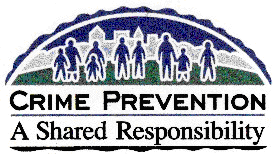
Commonly Asked Questions
Question: Is Belmont responsible for my property if its lost, stolen, or damaged?
Answer: Belmont University is not responsible for loss, damage or theft of personal belongings. Individuals should secure their property in safe, secure locations. While no security plan can be 100% foolproof, the information in this section provides tips on ways you can help keep your property safe.
Question: What can I do to protect my property?
Answer: Many of the incidents reported to campus security could have been avoided. Follow the safety tips listed below to protect your property.
- Park Smart – Don’t leave valuables in your vehicle. Lock your vehicle. Take your keys with you.
- Be attentive for persons who don’t have authorized access attempting to “piggyback” into buildings by entering behind others or as someone exits.
- Use locks on lockers
- Lock door to residence/office
- Keep residence/office windows locked
- Use secure bike locks on bicycles (such as u-locks)
- Do not leave valuables unattended
- Keep a record of valuables serial numbers
- Report suspicious activity immediately
Question: What is the most common type of crime on campus?
Answer: Petty theft. Examples include:
- Theft of valuables left unsecure and unattended such as purses or backpacks left in unlocked, unoccupied spaces
- Theft of property left visible inside vehicles (including backpacks, wallets, laptops, gym bags, sports equipment)
- Theft of bicycles that were left unlocked or had poor quality locks
Do you have a question that was not answered in this section?
Email your question to:
campussecurity@belmont.edu
Important Numbers
Belmont Non-Emergency 615/460-6617
Belmont Emergency 615/460-6911
Metro Non-Emergency 615/862-8600
Metro Emergency 911
